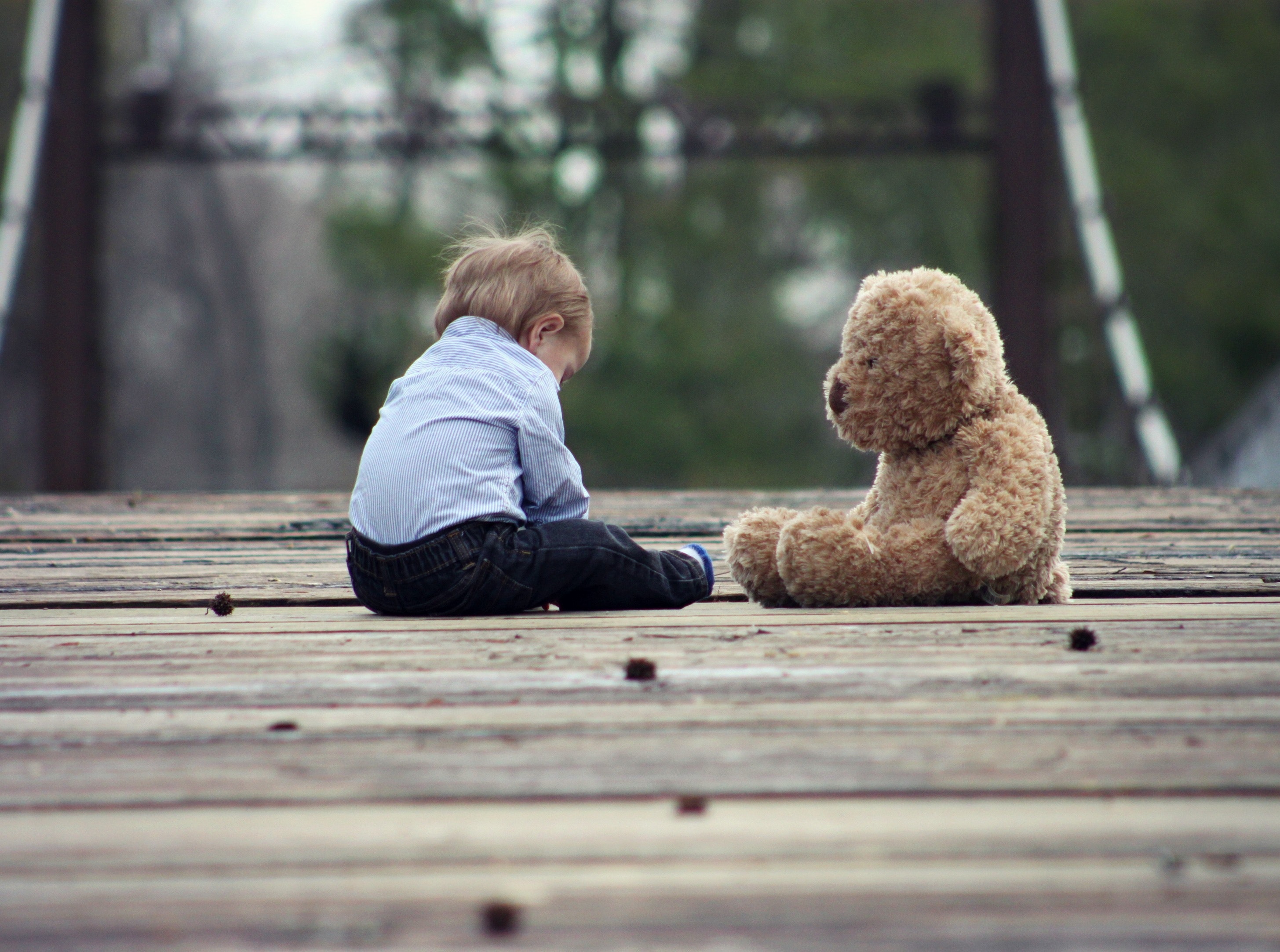Firstly, it’s normal to feel angry after losing a loved one.
From a slight feeling of irritation to extreme frustration and physical aggression, we’ve all felt anger on some level in our life, and sometimes when someone close to us dies we can feel this emotion.
There’s no right or wrong way to respond to loss, and it’s a very individual experience that is often out of our control. People can get angry about lots of different things when they’re grieving. Something that we did or didn’t do, things that we did or didn’t say. Or things that may seem unfair; and, sometimes, just because.
Remember for many, being angry is more acceptable than being sad. Sadness comes from being hurt, and we do not want to hurt anymore, so we lash out at those around us.
But understanding the connection between anger and grief is essential and will help you through the grieving process.
What is anger?
Anger is a basic human emotion – it is a normal reaction when we feel frustrated, hurt or cheated. Everyone gets angry sometimes.
There are three main components to anger.
- Physical. Anger is not just an emotion. It can increase your heart rate, make your muscles tense, and leave you feeling hot and sweaty.
- Mental. How we perceive a situation and our experience of it create thoughts that lead us to be angry. You might find that thinking about something that did or didn’t happen makes you angry.
- Behavioural. Anger also changes your behaviour. From slight changes like slightly raising your voice to more significant changes, like smashing things. Some behaviours may be more damaging than others.
It’s important to remember that it’s OK to feel angry when you’re grieving. But it’s essential to have healthy ways to deal with your anger.
Why do we get angry when someone dies?
We all have different levels of what we can tolerate, but whatever the case, anger does serve a purpose when it comes to grief.
- It’s a cover-up. Anger can hide feelings like fear, guilt, frustration, or hopelessness. These can be highly uncomfortable feelings, so covering them up as anger can be a welcome relief.
- It blocks out reality. If we can hold on to our anger, we can also hold on to our loved ones. We may show anger towards those we’ve lost about something unrelated to their death; latching onto a past action is a way to direct our anger.
- It’s a defence mechanism. Anger is a way of trying to stay in control – even in uncontrollable situations, like the death of someone we love. Grief can lead us to dark places, and anger can act as a light to guide us through.
- It fires us up. Anger can if only briefly, gives us a kickstart when we reach our lowest points. But it can equally be exhausting, leaving us vulnerable to painful hidden feelings.
How to deal with anger when someone dies
Anger during grief can often be misplaced or expressed in ways that may be confusing to those around us. We might be angry with the person who has died and left us behind. We might be angry with God for taking them from us. We might be angry with the disease that caused their death.
It may be easier to take your anger out on someone nearby than to figure out who or what we’re angry with. The ones who bear the brunt of our anger are usually our nearest and dearest – those we don’t want to hurt at all.
So how do we prevent it?
Here are some ways you can positively deal with your anger:
- Be patient with yourself. Recognise that you’re not yourself. When people go through difficult things, they can act in unexpected ways. In the wake of losing a loved one, you’re coming to terms with a “new normal”.
- Express your anger. Anger is normal, but what you do with it can be helpful or harmful. Lashing out is unhealthy but holding it in can be equally destructive. By acknowledging it, you can give yourself time to cool down and work out how to deal with it helpfully.
- Try to understand. Seek out what’s driving your anger, frustration or disappointment. Look at the expectations you had of others that they didn’t meet. By identifying what’s making you angry, you can make changes to those areas of your life.
- Communicate. Don’t just vent and yell. Identify why you’re angry and communicate your reasons—self-awareness and communication help.
- Find helpful ways to calm down. Exercise. Meditate. Listen to music. Dance. Cry your eyes out. Different things work for other people, so do what works best for you.
- Count to 10. If you’re outraged, count to 100. It sounds way too simple, but it works. Anger can come on in seconds, so give yourself a chance to process your emotions and calm down.
- Take a breath. Or two, three or four breaths. Breathing deeply will bring you back into the moment, level out the emotions you’re feeling and help relax your body.
- Take a moment. Running away from your problems isn’t the best course of action, But when you’re angry, it can feel like it. It doesn’t hurt to take five.
- Avoid triggers. If there are certain people or places that always make you angry, avoid them. It’s not worth it.
- Let go. Letting go of anger doesn’t mean letting go of your loved one. Letting go of your anger means that you can see the world more clearly, which means you can see the person you’re grieving more clearly.
How to deal with your anger to move forward:
Remember, ignoring or avoiding anger doesn’t work and isn’t a good idea. If you’ve tried to control your anger, but it isn’t working, you should seek support. There’s nothing wrong with asking for help when you need it. This is a strength, not a weakness.
Feeling the pain of loss and allowing yourself to feel sad is better than leading a life shaped by anger and will only delay your grief, not fix it.
The information on this website is not a substitute for medical advice, nor is it used for diagnosis and treatment. You, or anyone you are concerned about, are encouraged to seek professional advice and treatment from General Practitioners and/or qualified practitioners and providers in specific cases of need.
The information on this website is for general information only and are not (and nor are they intended to be) a substitute for professional medical or mental health advice, nor is it used for diagnosis and treatment. You, or anyone you are concerned about, are encouraged to seek professional medical or mental health advice and treatment from suitably qualified medical and clinical practitioners and providers.
Our full terms and conditions are available here
If you are in crisis or think you may have an emergency, immediately call Emergency 000. If you're having thoughts of self-harm or harm to others call Lifeline on 13 11 23 to talk to a skilled, trained counsellor. If you are located outside Australia, contact your local emergency line directly.






